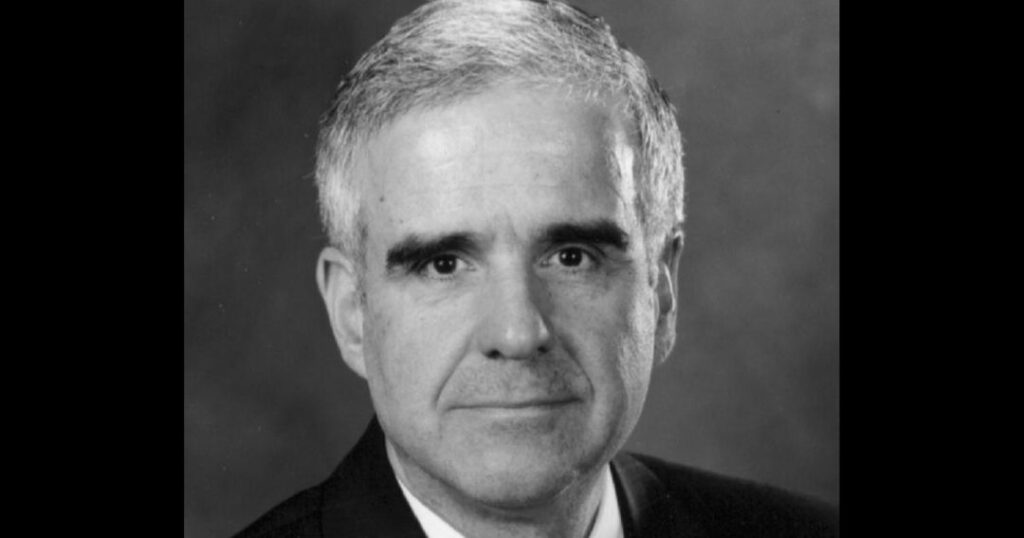In the nation’s capital, there’s strong momentum to bring hospice benefits into Medicare Advantage (MA) plans.
“There is some political inevitability to carving hospice into Medicare Advantage,” said Andrew MacPherson, principal with Washington, D.C.-based Healthsperien, a consulting and legal services firm. MacPherson recently provided a hospice policy update at the annual conference of LeadingAge, an association of non-profit senior care providers.
Already, there have been a few times when it appeared that Congress would expand the scope of Medicare Advantage to hospice, according to MacPherson and his colleague Mollie Gurian, Healthsperien’s director of health policy and strategy.
The carve-in almost went into MACRA and the CHRONIC Care Act, although ultimately it was not included in those pieces of legislation, they said.
“This does not mean it will not come up again,” Gurian said.
Medicare Advantage plans receive a set amount of money from the federal government in order to provide Medicare benefits for their beneficiary population, and they have a great deal of flexibility in managing and coordinating that care in order to turn a profit while maintaining quality. Currently, though, MA plans are not authorized to cover hospice benefits.
“If you’re on an MA plan, if you elect to go on hospice, for all intents and purposes you’re no longer on your MA plan,” Gurian said.
This should change, according to the Medicare Payment Advisory Commission (MedPAC). The commission, which provides Medicare policy recommendations to Congress, has repeatedly said that carving out hospice from MA plans causes fragmentation of care, when a primary purpose of Medicare Advantage is to increase coordination and integration of services.
“I can’t emphasize how important this is to some of the most influential staff members of Republican [members of Congress] right now,” MacPherson said. “I want to emphasize … how high a priority this is right now.”
Provider concerns
Any change can be disruptive to business, and introducing MA would be a big change for hospice providers. Currently, about 95% of hospice revenue comes through traditional Medicare fee-for-service, Gurian stated.
Beyond just adapting to a new type of payor, there are some specific concerns about working with Medicare Advantage plans. The MA organizations typically define their networks of providers, meaning that hospice companies would be competing to be included in potentially narrow networks.
Negotiating a Medicare Advantage contract is no simple matter, either: Medicare Advantage payors could seek to slash rates or reduce the number of visits. Home health agencies and skilled nursing facilities have encountered these issues as Medicare Advantage has become an increasingly large payor source for those providers.
These are legitimate concerns, and therefore it’s crucially important that hospice stakeholders advocate for themselves on Capitol Hill, Gurian said. She oversees day-to-day strategy and public policy priorities for the National Partnership for Hospice Innovation (NPHI), a collaborative for over 40 not-for-profit, community-integrated hospice and palliative care providers; in this role, she has been in dialogue with MA plans and hospice provider groups, to create a Medicare Advantage demonstration project.
The demonstration would help define things like the scope of service for hospice providers under MA, as well as what rate structures would look like, she said. Medicare Advantage plans also are not necessarily gunning to start offering hospice benefits, she noted. It’s an expensive type of care and not one they have experience underwriting or administering.
NPHI is advocating especially hard for a star rating to be created, to evaluate the quality of hospice benefits being offered through various MA plans, Gurian said.
Still, there’s no doubt that smaller providers and non-profits might find it especially hard to work with MA plans. These payors typically are looking to work with providers that can offer a certain amount of scale, rather than having to contract with numerous small providers that only serve a small portion of their market.
With this in mind, hospice providers should think about how they can make themselves most attractive to Medicare Advantage organizations.
“What other skills do you bring to the table that plans will be interested in?” Gurian asked. Expertise in palliative care, for example, could be a value-add.
There’s no exact timetable for when Congress might make another move at incorporating hospice into Medicare Advantage, but lawmakers have been interested in getting input from groups like NPHI, Gurian and MacPherson said. They assured providers at LeadingAge that they have nonprofit interests in mind.
“From NPHI’s perspective, we’re really looking at protecting those nonprofit providers where scale is really an issue,” Gurian said.




